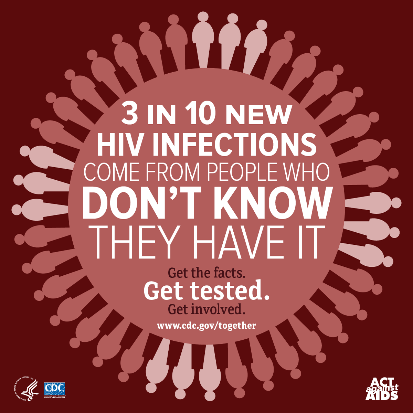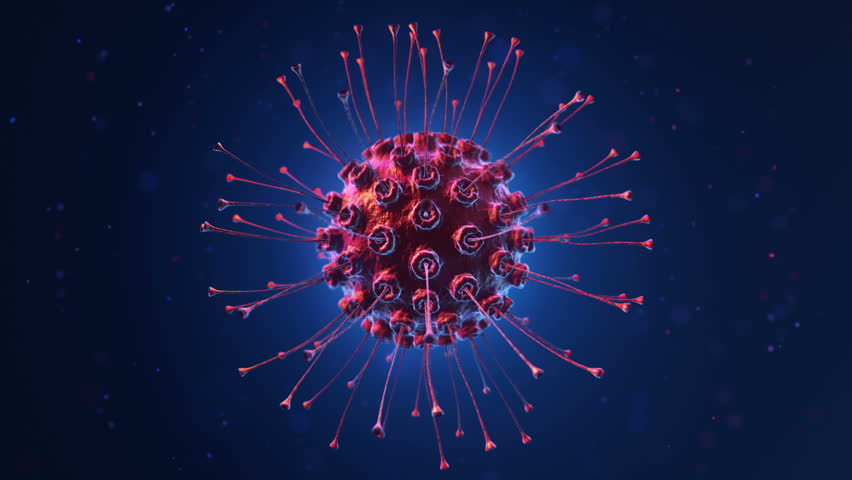STDs 101

A sexually transmitted disease infects your body when you come in contact with specific types of bacteria, viruses, or parasites. The infection is spread from person to person through unprotected sexual contact and other risky behaviors, such as:
- Anal, oral, or vaginal sex.
- Sharing sex toys
- Sharing needles
- Skin-to-skin touching (only applies to a few STDs like herpes and HPV).
There are three kinds of STDs:
- Bacterial STDs: like gonorrhea and chlamydia, which can be cured with medication.
- Viral STDs: like herpes and HIV, which can’t be cured, and symptoms are treated with medication..
- Parasite STDs: like Scabies or pubic lice, which can be cured with skin creams.
Call and schedule an appointment with one of Community Health Connections healthcare providers at 918.622.0641 if you have questions about STD prevention, testing, and treatments.

If STDs were to run a race, HPV (aka Human papillomavirus infection) would win the gold medal. Seriously. It’s insanely common, and spreads from partner to partner quickly! Experts predict approximately 80% of people will be infected with HPV at some point in their lives. This is all to say that it’s more likely than not, this STD will touch your life, or someone you know, in some way. Protect yourself, protect your partner, and say “Yes!” to the test. Click HPV: What you need to know for info you really need to know
Sure, you’ve probably heard a lot about STDs . STD infections not only happen to people who have a lot of sex, date a certain kind or person, or look a certain way, so, and if you were only half listening about how to get tested and preventing infections because this could never happen to you, Listen UP. If you get diagnosed with an STD , Don’t panic and start imagining worst-case scenarios. Instead, click here to learn the facts , and call 918.622.0641 for a private, confidential appointment.
Just diagnosed with an STD? know this…

Sure, you’ve probably heard a lot about STDs . But if you’re like many people, you were only half listening because it didn’t seem like anything that would ever affect you. You may have thought STDs only happen to people who have a lot of sex, date a certain kind or person, or look a certain way. If you’re like many who get diagnosed with an STD , you’re in total shock. Don’t panic and start imagining worst-case scenarios. Instead, learn the facts .
Sexually Transmitted Diseases Quiz

Sexually transmitted diseases are common among sexually active individuals, and most STDs won’t cause major harm to you, provided they are treated. Anyone who is sexually active can get an STD regardless of their age, sexual orientation, gender or race. Most people don’t experience any symptoms when they have an STD, which is why getting tested is important. Use this assessment to find out if you have increased your exposure risk of an STD, and whether you should get tested.
Candid conversation: Smoothies and STDs
Preventing STDs
Funding for this webpage was made possible by the Office of Population Affairs (Grant PA-FPH-16-036). The views expressed do not necessarily reflect the official policies of the Department of Health and Human Services; nor does mention of trade names, commercial practices, or organizations imply endorsement by the U.S. Government.


